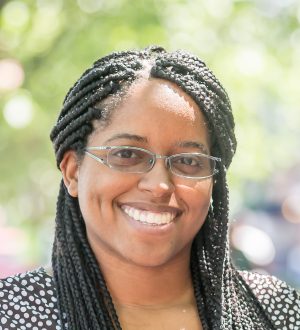By Yvette Butler
University of Mississippi Law School
“We can’t find any.”
That is always the defense to why workplaces look so homogenous. If only there were qualified women. If only there were qualified black people. If only there were qualified black women.
“We can’t find any, so we didn’t choose them.”
Senator Wicker (and others) have raised the concern that a black woman who is appointed to the Supreme Court will be the result of “affirmative action.” Affirmative action policies were meant to combat hundreds of years of intentional exclusion of women and racial minorities from educational and professional opportunities. Despite the fact that women, like Justice O’Connor, graduated at or near the tops of their classes, it has been a struggle for them to be paid fairly, or hired in the first place. Ronald Reagan recognized the need for a woman on the court “to bring about a better balance on the federal bench.” His campaign promise was to appoint a qualified woman and he saw it as necessary “to show how deep our commitment” to our principles and “give meaning to what we profess.”
When you’re the only one, you have to be the best, so that you’re not the last. The complaint of affirmative action carries with it an allegation of presumed incompetence, despite the immense and demonstrated quality and determination of those who have had to struggle for recognition when employers claim, “we can’t find any.”
Since 1790, 115 justices have served on the bench. None have been openly genderqueer or gay. 108 have been white men. Were there no qualified racial minorities before Thurgood Marshall in 1967? Did no qualified women exist before Sandra Day O’Connor in 1981? Or were we just not looking?
The most maddening thing about the recent criticism is the rush to argue that better candidates must exist. Since there has been no nomination yet, the criticism is really that any black woman must be inferior. Essentially, critics require that a black woman not merely be qualified, but be superior to every jurist on the planet, in order to be worthy of selection (a standard not required of white men, or any members currently serving on the court). Why was a campaign promise to diversify the court acceptable from Reagan, in his search for a woman, but not Biden in his search for a black woman?
This is where “we can’t find any,” sounds more like, “we don’t want them.”
Yvette Butler is an Assistant Professor of Law at the University of Mississippi (Ole Miss) School of Law. She teaches Constitutional Law and Civil Rights.

Recent Comments